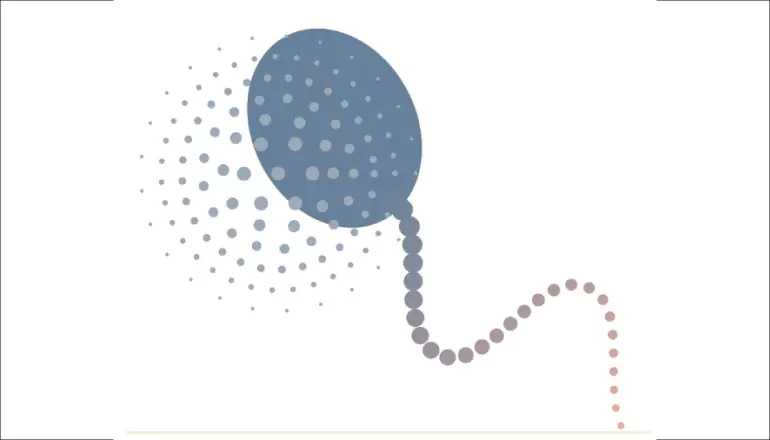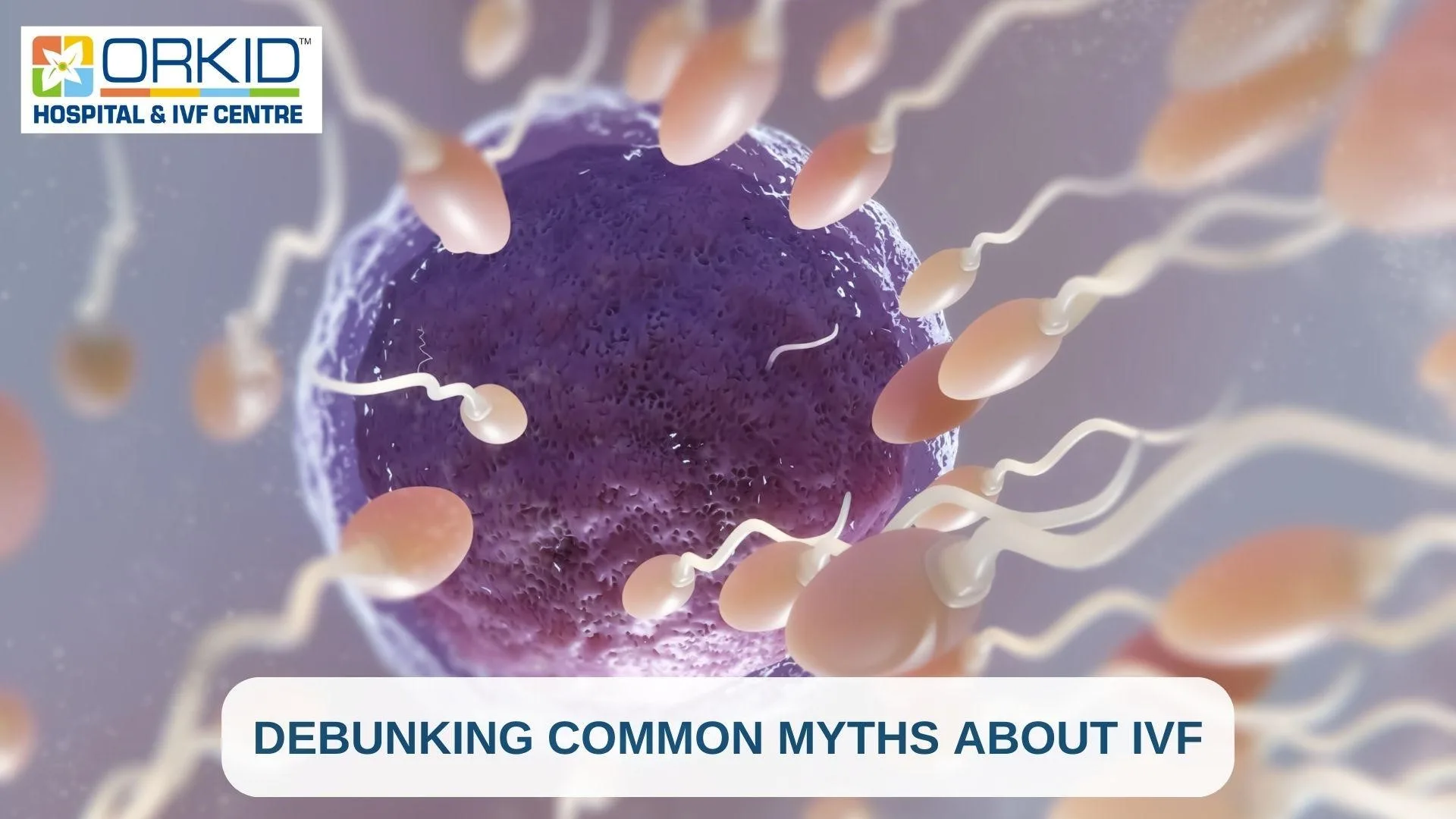IVF Aftercare: Navigating Recovery and Embracing the Journey Beyond With The Best IVF Hospital In Surat
The journey of In Vitro Fertilization (IVF) is a significant step toward achieving the dream of parenthood. While the IVF process is a meticulous and well-guided procedure, understanding the aftercare and recovery is equally crucial. This blog will explore what to expect during the recovery phase and how to embrace the ongoing journey post-IVF based on the inputs shared by Dr Kajal Mangukiya, our IVF specialist at Orkid Hospital, one of the best IVF centres in Surat.
Immediate Post-Procedure Care:
Following the IVF procedure, the immediate postoperative care is a critical phase. Most patients are monitored for a short period in a recovery room, ensuring stability before being discharged. During this time, healthcare professionals track vital signs, assess the patient’s comfort, and provide any necessary postoperative instructions.
While mild cramping and discomfort are common, severe pain or persistent symptoms should be promptly reported to the healthcare team. Clear communication is the key to addressing any concerns and ensuring a smooth transition to the recovery phase.
Rest and Relaxation:
Recovery from the physical and emotional toll of IVF begins with prioritizing rest and relaxation. Our gynaecologists from the best IVF hospitals in Surat share the opinion that while bed rest is not necessary for an extended period, taking it easy in the initial days post-procedure is advisable. This allows the body to recover from the hormonal stimulation and the egg retrieval or embryo transfer process.
Keeping yourself engaged in activities that promote relaxation, such as reading, listening to music, or gentle walks, can contribute to a sense of well-being during this crucial phase. It’s essential to listen to your body and avoid strenuous activities, allowing it the time it needs to heal.
Managing Emotional Well-being:
Our specialists from Orkid hospital & IVF centre, one of the best infertility centres in Surat say that the emotional aspect of IVF recovery is as significant as the physical. The IVF journey is often filled with a rollercoaster of emotions, ranging from hope and anticipation to anxiety and fear. It’s essential to acknowledge and address these emotions, whether through open communication with a partner, friends, or seeking professional support.
Counselling or support groups specifically tailored for individuals undergoing fertility treatments can provide a valuable space to share experiences and gain insights. Recognizing that emotions may fluctuate and allowing oneself the grace to navigate them is an integral part of the recovery process.
Post-IVF Symptoms and Side Effects:
Understanding the common symptoms and side effects post-IVF is crucial for informed recovery. Some patients may experience bloating, mild cramping, or breast tenderness due to hormonal changes. These symptoms are typically temporary and resolve as the body adjusts.
Occasionally, patients may encounter side effects from medications used during the IVF process. These can include mood swings, headaches, or fatigue. Open communication with the healthcare team ensures that any side effects are addressed appropriately, and adjustments to the treatment plan can be made if necessary.
The Two-Week Wait:
One of the most emotionally charged phases in IVF recovery is the “two-week wait” — the period between embryo transfer and the scheduled pregnancy test. This period is marked by anticipation, hope, and sometimes anxiety. It’s essential to strike a balance between staying positive and realistic during this time.
Engaging in activities that bring joy and diversion, whether it’s a hobby, spending time with loved ones, or practicing mindfulness, can help navigate the emotional challenges of the two-week wait. It’s crucial to recognize that each individual’s response to this period is unique, and there is no one-size-fits-all approach to managing the emotions that may arise.
Pregnancy Test Results:
The moment of truth arrives with the pregnancy test results. The anticipation and anxiety surrounding this moment can be overwhelming. Whether the test yields a positive or negative result, it’s essential to communicate with the healthcare team and seek support.
A positive result brings joy and excitement but may also trigger new concerns about the early stages of pregnancy. Regular check-ups and ongoing communication with the healthcare provider guide the transition into the next phase of the IVF journey.
Coping with a Negative Result:
Receiving a negative result can be emotionally challenging and requires a compassionate approach to self-care. It’s crucial to acknowledge the grief and disappointment that may accompany a negative outcome. Seeking emotional support through counselling or support groups can be immensely beneficial during this period.
The healthcare team plays a vital role in discussing the next steps and potential adjustments to the treatment plan. Understanding that setbacks are part of the fertility journey is an important aspect of navigating the emotional landscape of IVF.
Planning for the Next Steps:
Regardless of the outcome, the IVF journey often involves discussions about the next steps. If the result is positive, ongoing prenatal care becomes a priority. If the result is negative, the healthcare team may review the treatment plan, address any modifications, and discuss the potential for future cycles.
For those considering additional IVF cycles, open communication with the healthcare team is essential in developing a plan that aligns with individual goals and circumstances. Planning for the future, whether it involves further fertility treatments or exploring alternative paths to parenthood, allows individuals and couples to move forward with hope and purpose.
Conclusion:
IVF recovery extends beyond the immediate post-procedure period, encompassing the emotional and physical aspects of the entire fertility journey. Choosing the best test-tube baby centre in Surat plays an equally important role in conceiving successfully through IVF. Acknowledging the challenges, seeking support, and actively participating in the ongoing dialogue with healthcare providers contribute to a holistic and informed recovery process.
Embracing the IVF journey involves recognizing the strength within, fostering emotional well-being, and remaining resilient in the face of uncertainties. By understanding what to expect during recovery and beyond, individuals and couples can navigate the complexities of the IVF process with a sense of empowerment, hope, and a steadfast commitment to building their family.











